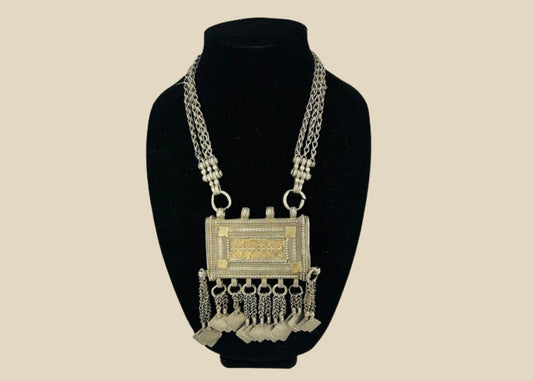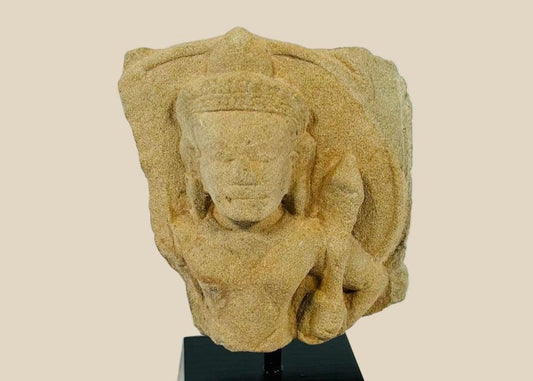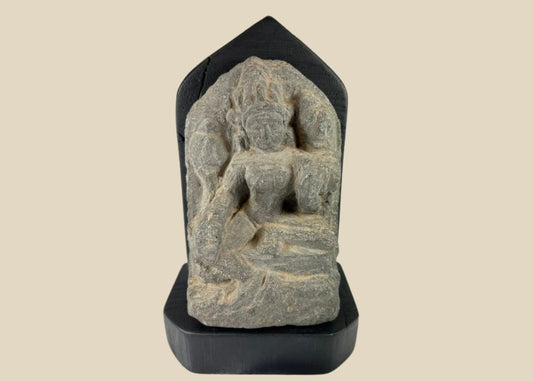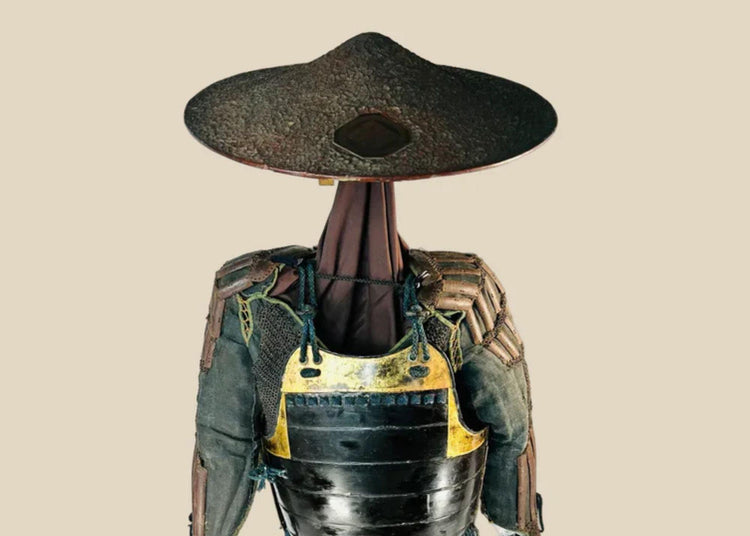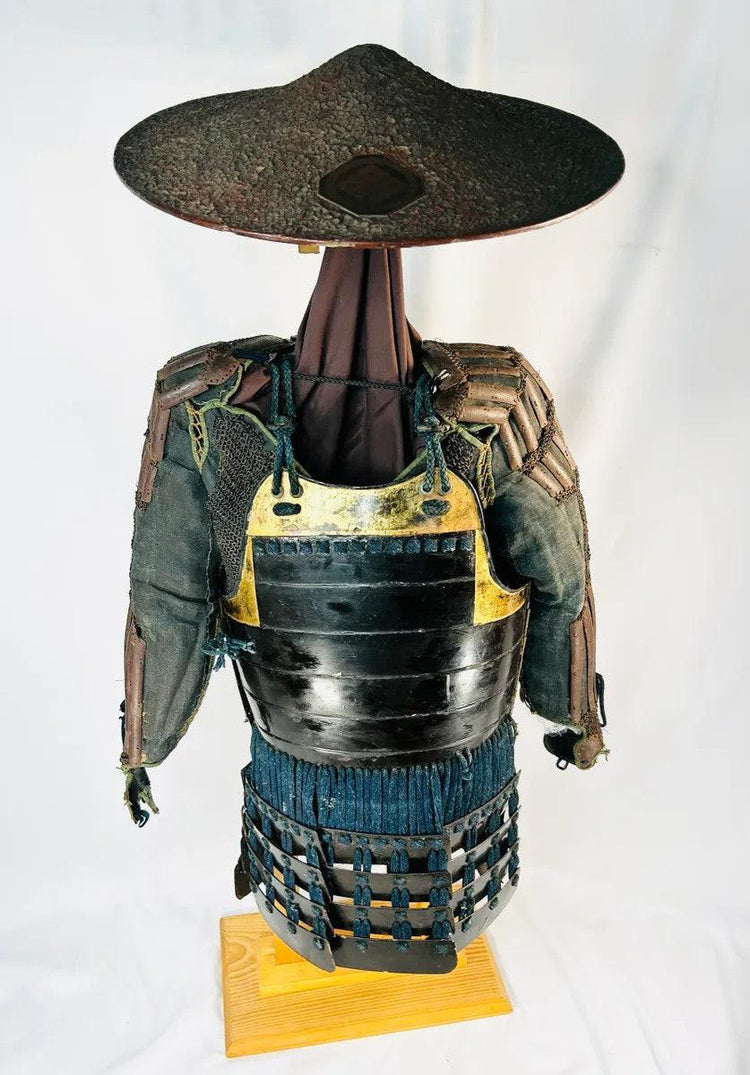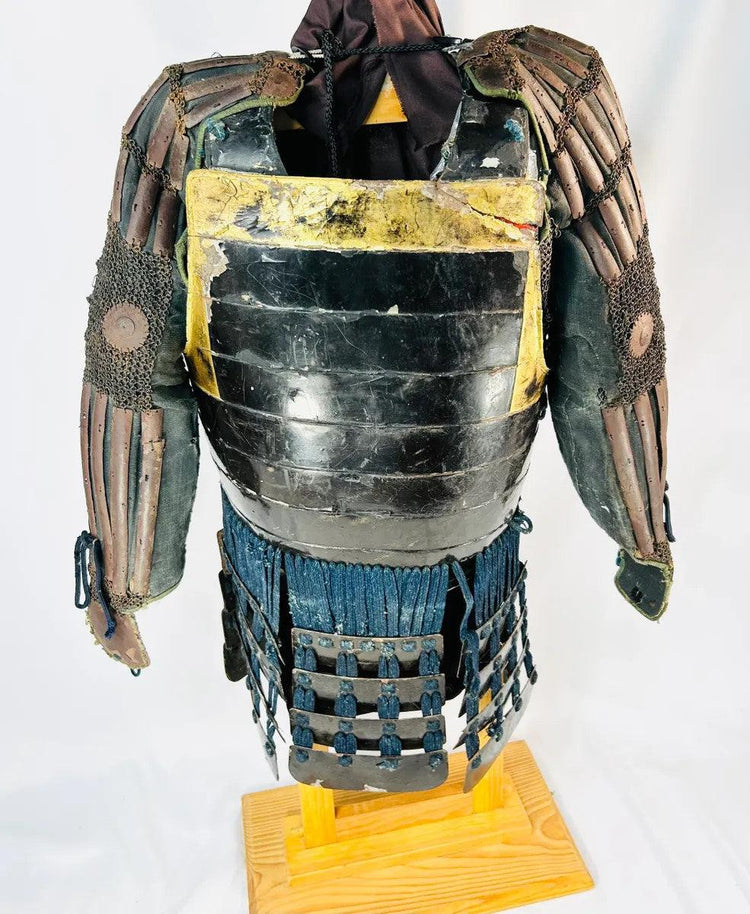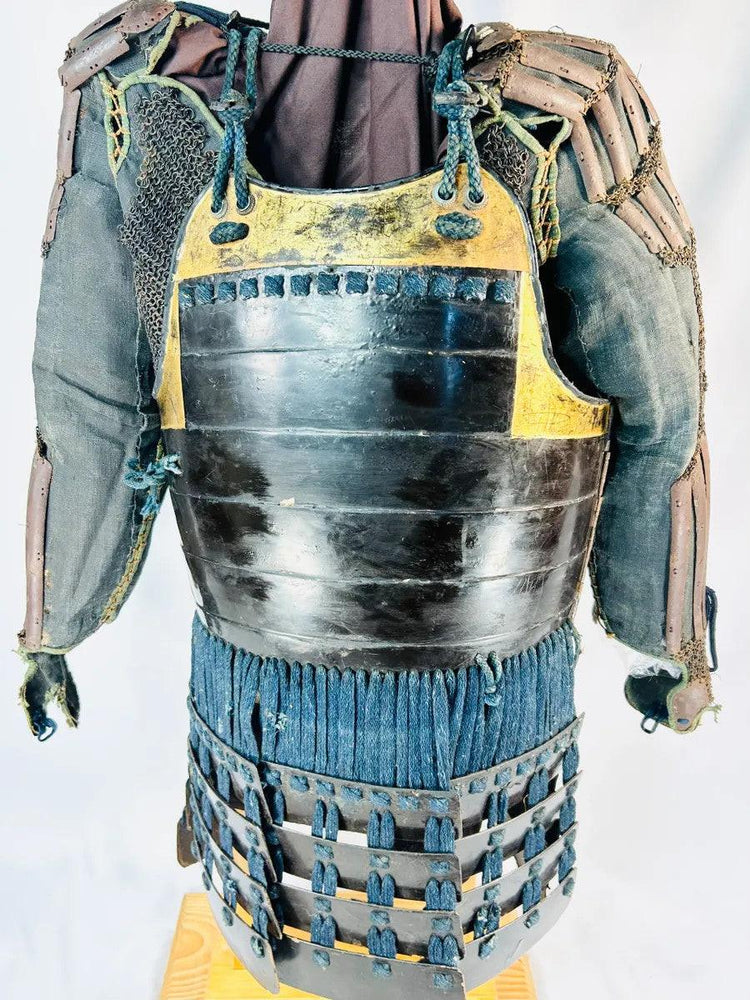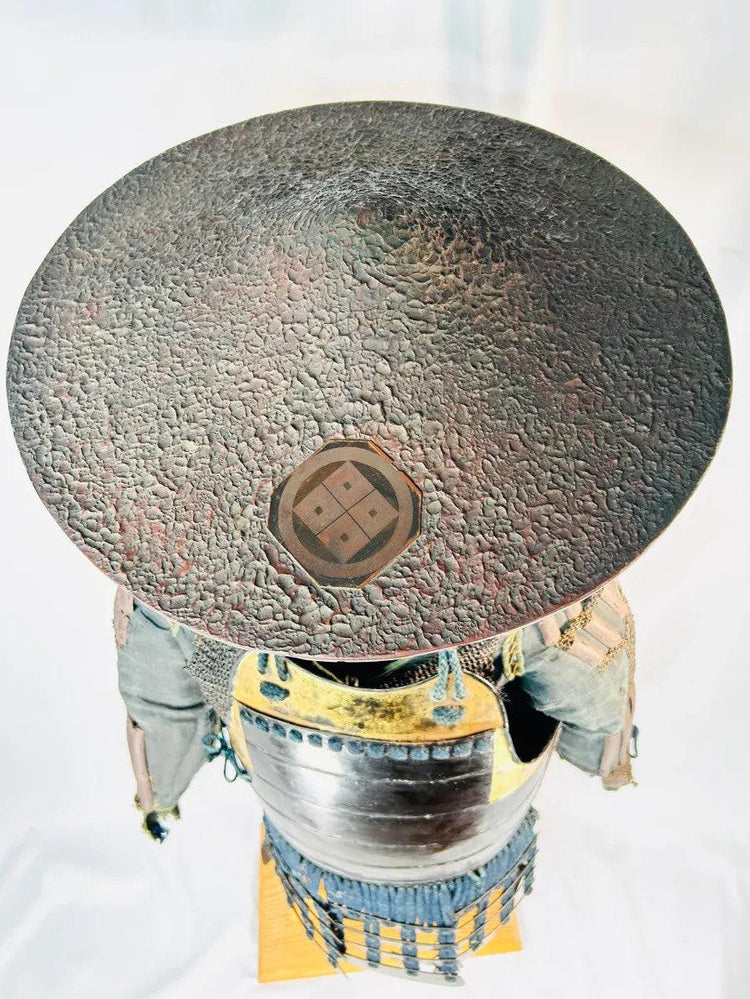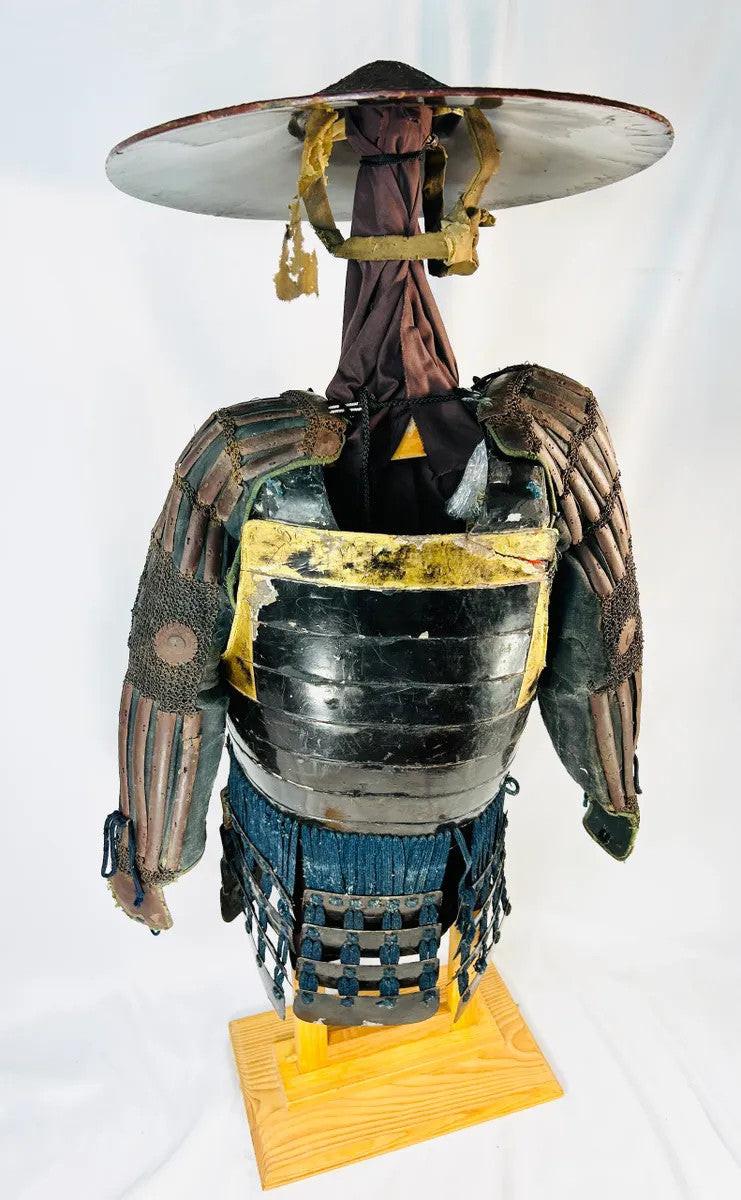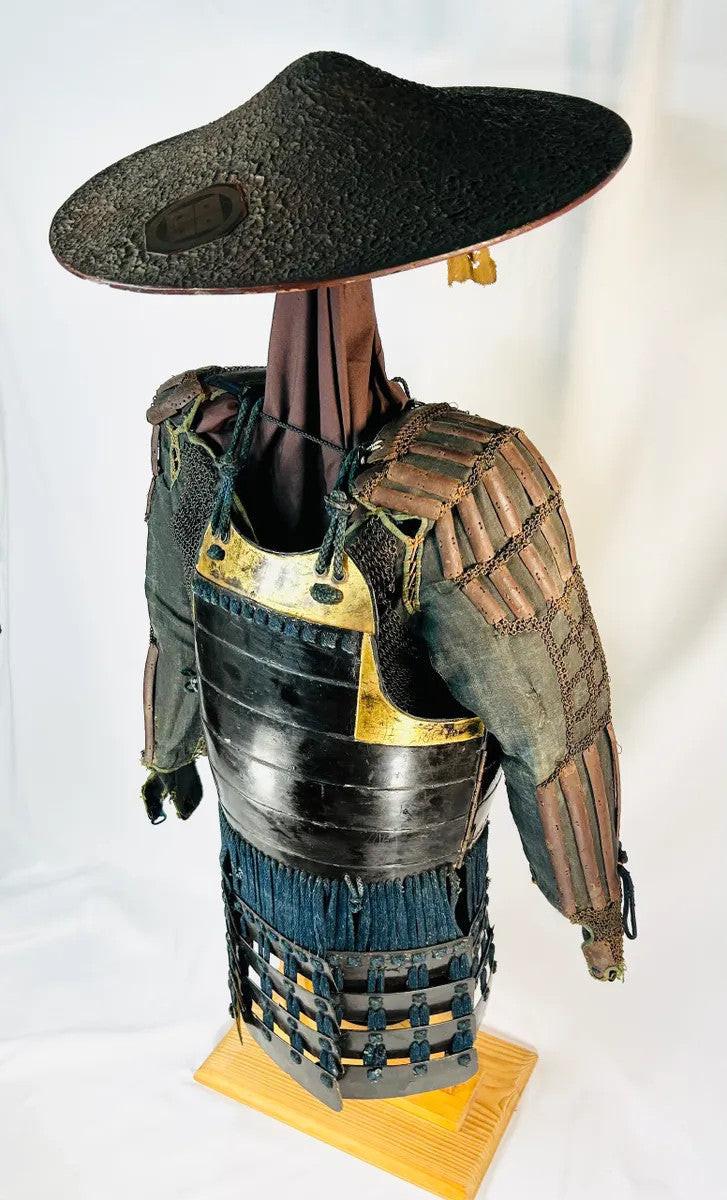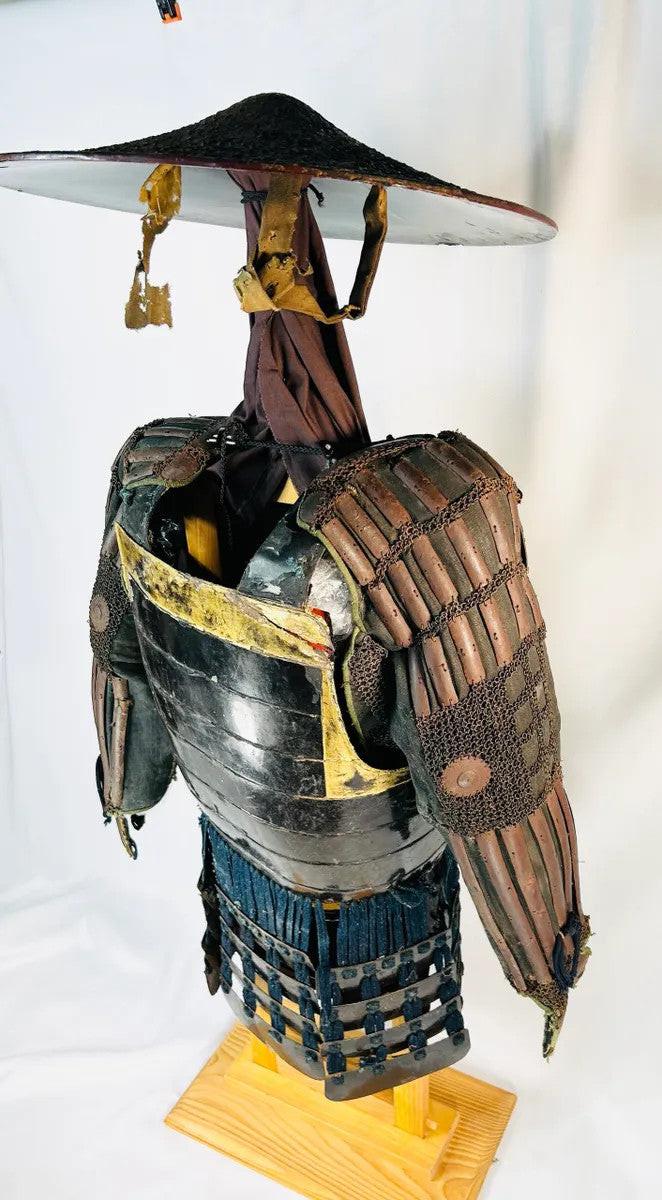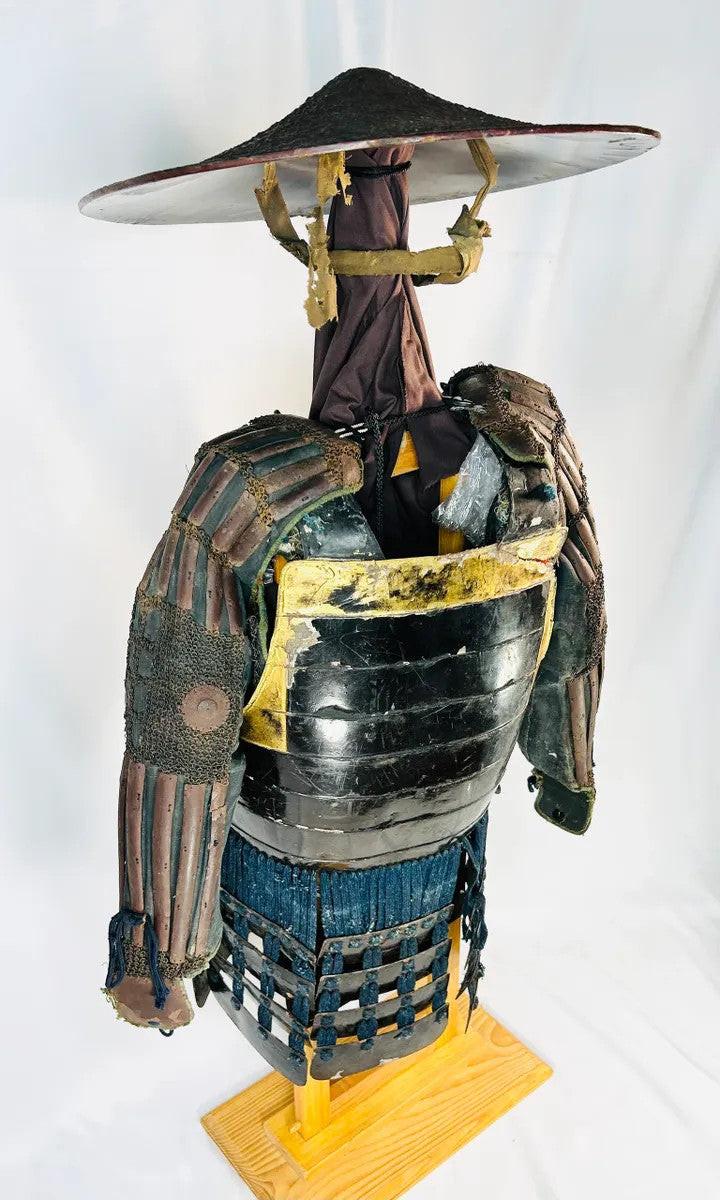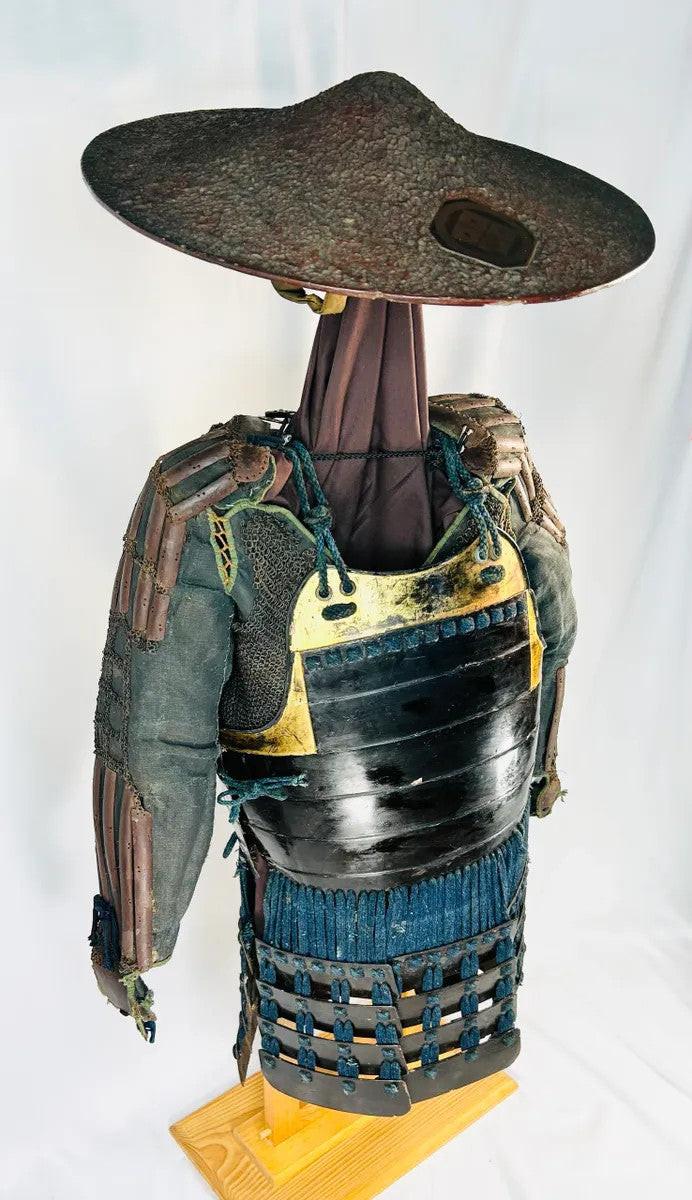Japanese Samurai Do-Maru Armour with Takeda Clan Crest | 14th–16th Century
Description
More
Less
Historical Context & Origin
Region: Japan
Material: Iron, lacquer, silk, leather, and chainmail
Period: Muromachi Period, circa 1333–1573
Description
This authentic suit of Samurai armor from Japan’s Muromachi Period (circa 1333–1573) is a remarkable relic of the warrior culture that shaped Japanese history. Crafted from iron, lacquer, silk, leather, and chainmail, this historically significant set once symbolized both strength and honor among Japan’s elite samurai class.
Features
- Intricately Lacquered Cuirass (Dō): The black lacquered cuirass is accented with elegant gold embellishments, designed to project both authority and refinement
- Kote Sleeves with Reinforced Chainmail: The arm guards are constructed with iron splints and fine chainmail, providing superior protection across the forearms and shoulders
- Protective Chainmail Extensions: Additional chainmail across the torso and back reflects advancements in battlefield defense during Japan’s warring states era
- Jingasa War Hat: The lacquered jingasa bears the mon (family crest) of the Takeda clan, one of the most powerful and influential warrior families of medieval Japan
- Traditional Dark-Blue Silk Lacing: The vibrant blue lacing remains exceptionally well-preserved, contrasting beautifully against the dark lacquered armor
- Certified Authenticity: Includes documentation (COA) verifying its age and origin, aligning with the craftsmanship and stylistic elements of the Muromachi Period
Cultural Significance
Samurai armor represented far more than protection — it was an emblem of social status, lineage, and the Bushidō code of honor. This exceptional Muromachi-period set reflects Japan’s artistic ingenuity and the unwavering spirit of its warrior class. Each element embodies discipline, craftsmanship, and the reverence for battle and ceremony that defined feudal Japan.
Condition
Remarkably preserved for its age, with minor lacquer wear, silk fraying, and patination consistent with centuries of age. Structurally sound, stable, and visually impressive for display.
Dimensions (approximate)
Overall Height (including stand): 45.7 in
Age
Circa 1333–1573 CE
Learn more about the Takeda Clan
See more examples of Do-Maru Armour from The Metropolitan Museum of Art
Description
Historical Context & Origin
Region: Japan
Material: Iron, lacquer, silk, leather, and chainmail
Period: Muromachi Period, circa 1333–1573
Description
This authentic suit of Samurai armor from Japan’s Muromachi Period (circa 1333–1573) is a remarkable relic of the warrior culture that shaped Japanese history. Crafted from iron, lacquer, silk, leather, and chainmail, this historically significant set once symbolized both strength and honor among Japan’s elite samurai class.
Features
- Intricately Lacquered Cuirass (Dō): The black lacquered cuirass is accented with elegant gold embellishments, designed to project both authority and refinement
- Kote Sleeves with Reinforced Chainmail: The arm guards are constructed with iron splints and fine chainmail, providing superior protection across the forearms and shoulders
- Protective Chainmail Extensions: Additional chainmail across the torso and back reflects advancements in battlefield defense during Japan’s warring states era
- Jingasa War Hat: The lacquered jingasa bears the mon (family crest) of the Takeda clan, one of the most powerful and influential warrior families of medieval Japan
- Traditional Dark-Blue Silk Lacing: The vibrant blue lacing remains exceptionally well-preserved, contrasting beautifully against the dark lacquered armor
- Certified Authenticity: Includes documentation (COA) verifying its age and origin, aligning with the craftsmanship and stylistic elements of the Muromachi Period
Cultural Significance
Samurai armor represented far more than protection — it was an emblem of social status, lineage, and the Bushidō code of honor. This exceptional Muromachi-period set reflects Japan’s artistic ingenuity and the unwavering spirit of its warrior class. Each element embodies discipline, craftsmanship, and the reverence for battle and ceremony that defined feudal Japan.
Condition
Remarkably preserved for its age, with minor lacquer wear, silk fraying, and patination consistent with centuries of age. Structurally sound, stable, and visually impressive for display.
Dimensions (approximate)
Overall Height (including stand): 45.7 in
Age
Circa 1333–1573 CE
Learn more about the Takeda Clan
See more examples of Do-Maru Armour from The Metropolitan Museum of Art
You May Also Like

